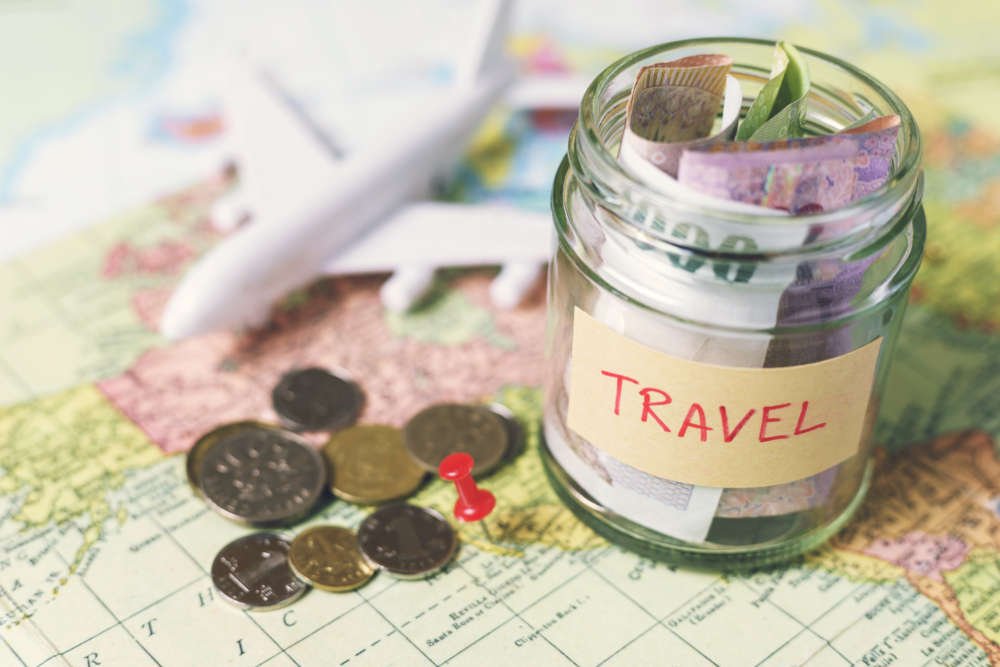Budgeting for business travel post-COVID
Published by linker 5
Posted on July 2, 2020
5 min readLast updated: January 21, 2026

Published by linker 5
Posted on July 2, 2020
5 min readLast updated: January 21, 2026

By Natasha Inglis, a Client Operations Specialist at CT Business Travel,
As companies prepare to reopen, they need to be even more creative to ensure safe yet effective business travel in the post-COVID-19 era. discusses where companies should focus their efforts when considering travel budget allocation.
After months of virtual meetings and self-isolation, many are eager to get back to ‘normal’, and that includes business travel. Whether that is to visit clients or to provide face-to-face services, we are sure to see a resurgence in travel as more businesses reopen. While there are predictions, the extent to which travel returns to ‘normal’, particularly for national and international travel, is yet to be determined.
Business travel evolution
While the term ‘new normal’ has become a popular turn of phrase, companies will benefit from understanding that travel is, and has always been, continuously shifting. From tickets to e-tickets, telephone communications to email, online booking tools and online check-in, business travel has to be fluid to keep up with the constant evolution of human behaviour.
Duty of care, social distancing, hand washing stations, walking routes through airports, contactless check-ins for hotels and face coverings when travelling; these are just a few ways in which business travel will continue to evolve in a post-COVID world.
Business travel management and employee wellbeing
When planning the budget for business travel, all companies should dissect the return on investment. Not only will the cost of transaction be paramount, especially in the face of a post-epidemic recession, but employee wellbeing will play a more substantial role than ever.
Previously, travel planning consisted of optimising journeys so that they were both time and cost-effective. For the foreseeable future, however, the associated risk to employees will dominate focus. Ensuring all employees have sufficient access to masks and gloves will be just one consideration when analysing budget requirements.
Destination safety considerations
When analysing the safest way for their employees to travel, businesses must also ascertain which modes of transport are most effectively demonstrating cleanliness, and include this in budgeting discussions.
For local, national or even global business travel, companies must hold at least a basic understanding of which transportation companies have updated their procedures in response to coronavirus, and how this will ultimately impact the delivery of their service.
The responsibility of employee safety and wellbeing lies in the hands of the employer, not the transport company. Therefore, while it may be more expensive, it will be safer to choose a transport provider that clearly states how they are responding to evolving travel requirements.

Natasha Inglis
Whether that be flying over rail or vehicle rental over coach, the preferred type of travel will need to be considered on a case-by-case basis as business travel continues to evolve in a post-COVID world.
Additionally, aircraft turnarounds and potential delays stemming from new hygiene practices need to be examined, particularly for journeys involving layovers. This extends to sourcing hotels; businesses should opt for those with flexible check-in and check-out times; primarily catering for these increased or delayed turnarounds.
Anticipating a second wave of COVID-19
With the risk of a second spike, companies may not want to scale their travel plans until they are sure the threat has passed. If they can afford not to travel, perhaps they should do so.
However, when considering whether or not they should travel, and the potential risk to their employees, companies also need to analyse the risk of not travelling. If customers are not visited in person, or if services that require travel are not operational, is there a risk that a competitor will take advantage of any hesitation? Virtual meetings will, and have been, bridging the gap in the short term; however it may not be effective as a long-term solution.
While employee safety is no doubt an essential factor, the cost of lost business, or potential loss, must be factored into the equation.
Balancing business travel in a post-COVID era
As business travel continues to evolve, particularly post coronavirus, companies will have to budget for more expensive, yet safer modes of transport, while ensuring employees have access to safety equipment. This should be counteracted by reducing the amount of travel to only what is necessary to maintain customer relationships.
In light of these additional deliberations, companies should be asking themselves whether they require further support when drawing up new travel policies in response to the epidemic. Do they truly understand the evolved purchasing process? Or where their employees are positioned in this process? Are they fully supported?
Ultimately, it is down to the travel management company not only to analyse current risks posed but to make predictions based on the evolving evidence; using this to educate their clients, particularly when it comes to assigning travel budgets. While businesses navigate the murky waters of operating in a post-COVID world, business travel consultants should take the reigns of monitoring, analysing and updating clients of any potential bumps in the road.
Explore more articles in the Top Stories category











